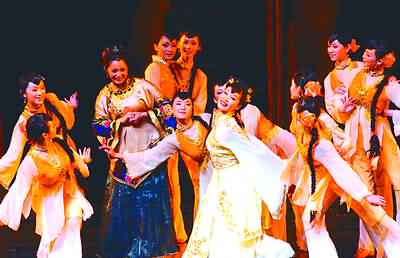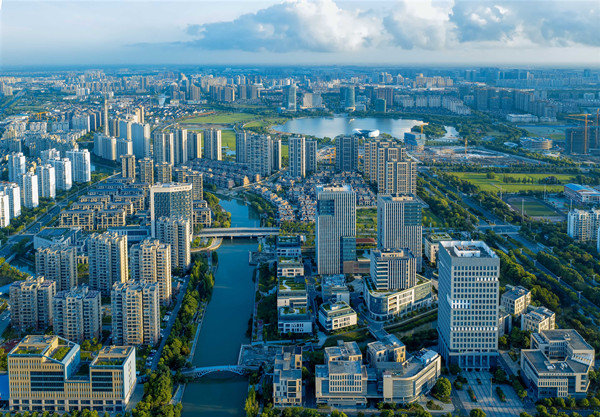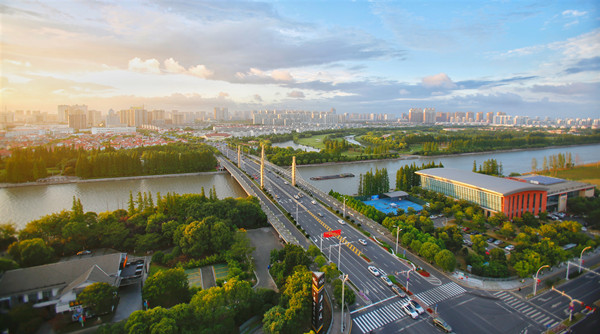Provintial ICH-Shuangfeng folk songs
Shuangfeng, sitting in the western part of the city, is one of the top seven towns of Taicang. It borders Shanghai on the south and Suzhou on the west. It boasts profound historical cultures and is named by the Ministry of Culture as the “home of folk culture: dragon dance and lion dance”.
Shuangfeng is a famous town of songs. According to legends, Shuangfeng folk songs began to prosper during the Eastern Jin Dynasty (317-420 AD) and had seen considerable development by the end of the Yuan Dynasty (1206-1368 AD). The folk songs became especially popular during the Qing Dynasty (1644-1911 AD). “The town acquired an unprecedented good taste in music… One person sang a song and the others joined in for the chorus voluntarily” (from the chapter of Local Customs in Annals of Shuangfeng History). In the 1960s, many professional theatre troupes such as the Jiangsu Kunqu Opera Troupe, Jiangsu Song and Dance Ensemble, Nanjing Air Force Political Department Art Troupe, China National Song and Dance Ensemble, Central Conservancy of Music, and Shanghai Theatre Academy came to Shuangfeng to collect folk songs. Gu Duhuang, former chief of Jiangsu Kunqu Opera Troupe, said in Supplement to Kunqu Opera History that “Shuangfeng folk songs have rich lyrics and tunes. Some melodies apparently have close kinship with Kunqu Opera.”

Shuangfeng folk songs can be classified into small folk songs and big folk songs according to the structure, singing form and tradition. Through content, they are separated into labor songs, love songs, life songs, historical songs, political songs and funeral songs. Shuangfeng folk songs are sung by laborers during the intervals of work to refresh. They are known for their simplicity, folk character and artistic quality. Folk songs can strengthen morality and facilitate the spreading of knowledge. They arouse people’s enthusiasm for labor and improve work efficiency. They also have had influences on poetry. They are good materials to study history and culture and are fantastic references to create modern art and songs. They play a significant role in satisfying people’s growing cultural demands.
Nowadays, the modes of labor have changed. Farmers no longer work collectively and therefore seldom have the opportunity to sing together. In addition, many veteran performers have grown old and weak. They have few chances to sing and lack worthy successors.









